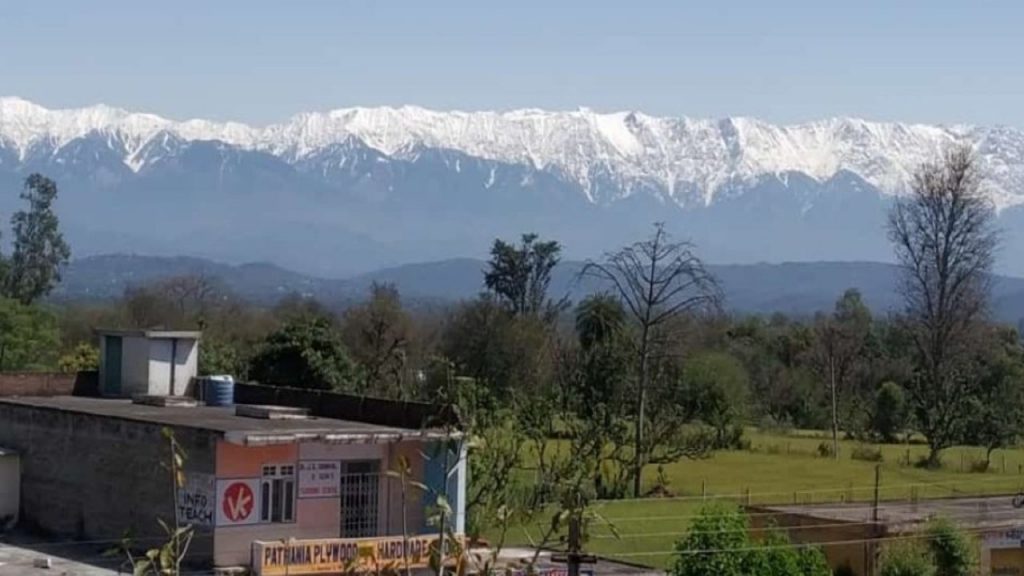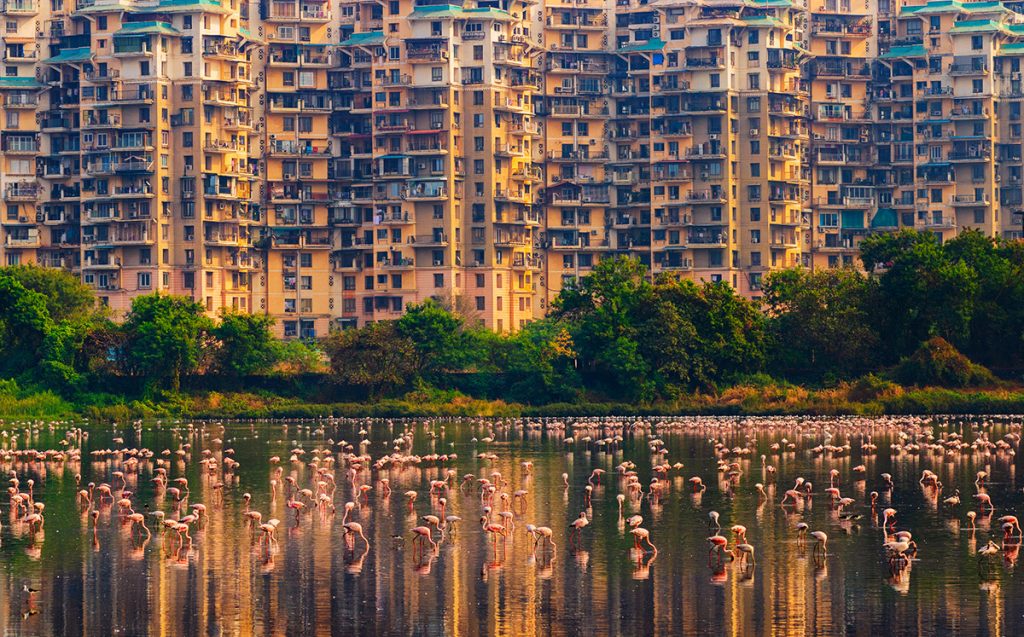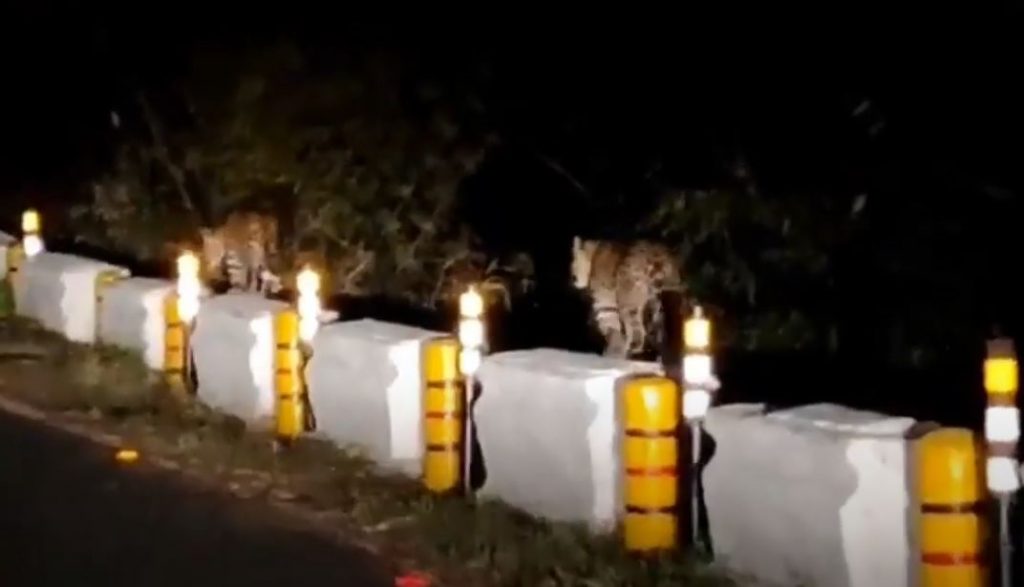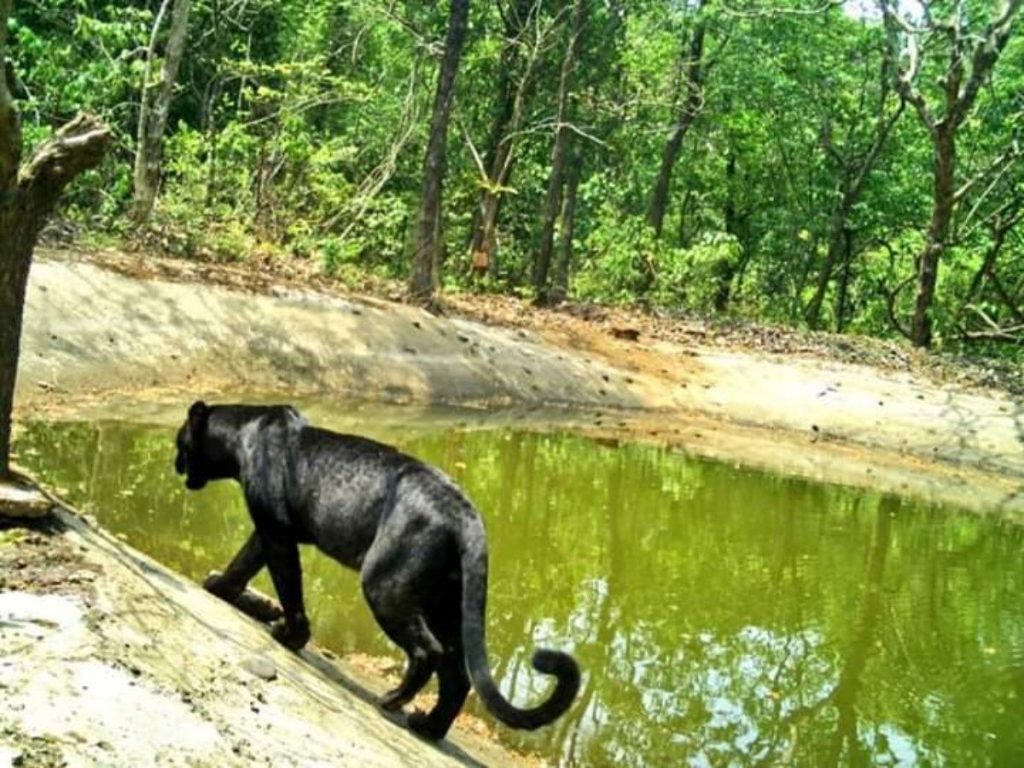With many lockdowns around the world, nature seems to be repairing itself. It is World Environment Day on June 5 and Mitali Thakkar takes a look at how COVID-19 restrictions have played a part in helping the Earth heal

It’s a popular opinion now that every year we should have a mandatory one-week lockdown throughout the world to help nature restore itself. We need everything that the Earth has to provide us, our future generations need it, and it is our responsibility to ensure that we take the necessary measures and actions. Our inaction today would also prove to be an action and thus, it is imperative to act.
COVID-19 is a stark reminder of how our assault on nature has its consequences. This pandemic should serve as a wake-up call to all of us alike. Unmitigated environmental crime has led to the degradation of nature, putting lives at risk and sending an alarm to businesses to start assessing the impact of their activities on nature and understand how these will eventually impact us with stronger force, which we may not always be equipped to withstand.
 It is World Environment Day on June 5, and we cannot help but bow down to nature and its ways. Today, our planet is at a standstill, every country has had to hit pause, all work has stopped, cross-border travel has come to a halt, schools have gone digital and all businesses (without exception) have had to innovate and restructure.
It is World Environment Day on June 5, and we cannot help but bow down to nature and its ways. Today, our planet is at a standstill, every country has had to hit pause, all work has stopped, cross-border travel has come to a halt, schools have gone digital and all businesses (without exception) have had to innovate and restructure.
Amidst the outbreak that has taken many lives around the globe, there has also been a positive outcome. Nature is occupying the space left empty by humans. The canals in Venice are much clearer as the boat traffic has reduced, helping the sediment to settle and so the fish are now visible; peacocks were spotted on the streets of Madrid; India’s Himalayas are now visible from Punjab (200 km away) with the drastic drop in the pollution levels; a school of dolphins were spotted playing in the water in Mumbai; and deer were seen running on the streets of California in the United States. Indian water bodies, the Ganga and the Yamuna, have seen significant improvement, as a result of which the water is believed to be now suitable for irrigation and other uses. Sambar deer were spotted strolling on the streets, olive ridley turtles came ashore a beach in Odisha and peacocks danced on the streets of Mumbai, because nature is in its real habitat now. This not the state just in India, but all across the world; wild turkeys were found in a school playground, a coyote was spotted on the roads of San Francisco while deer were seen in a town in Poland.
 The air and water around the world are getting better, as people are forced to sit inside their homes. Countries around the world have stopped the functioning of factories, air traffic has reduced drastically, cars on the streets are not adding to the air pollution, and you know this is true because when you look outside your window, you can actually see a clearer blue sky.
The air and water around the world are getting better, as people are forced to sit inside their homes. Countries around the world have stopped the functioning of factories, air traffic has reduced drastically, cars on the streets are not adding to the air pollution, and you know this is true because when you look outside your window, you can actually see a clearer blue sky.
‘Regardless of its cause or origin, the emergence of COVID-19 has underscored the mutually affective relationship between people and nature. Now, we must try to understand and appreciate the limits to which humans can push nature, before the impact is negative. Those limits must be embraced by our consumption and production aspiration.’ – UNEnvironment.org
 Going further, post lockdown we will find a new world and we must embrace it with open arms and take care of it. Only when each one of us learns to discipline and take care of ourselves and the habitat around us, will we be able to make a difference to the world.
Going further, post lockdown we will find a new world and we must embrace it with open arms and take care of it. Only when each one of us learns to discipline and take care of ourselves and the habitat around us, will we be able to make a difference to the world.
We have known nature and its fury for years, but none of us has ever seen something like this. Is this a signal that we must change our old habits and learn to respect nature? Even with all the best brains in the world, today we are at the mercy of nature, which is the strongest force.
However, our global response to this pandemic demonstrates how we have the ability to collectively work together. Now that we have identified this skill, we must continue to use it to work towards a healthier planet and ensure that we don’t end up in such an adversity again. By together focusing on our planetary health, we will be much better prepared to deal with unhealthy situations and hasten the process of bringing things under control. Global leadership by governments and significant bodies such as the World Health Organization would need to be highlighted and followed.
On a more personal level, we must ensure access to and availability of water, sanitation and health facilities for all, failing which we shall not be able to control the spread of pandemics such as COVID-19 and end up harming ourselves.
Going forward, we have to adapt to a curative and preventive approach to health care for ourselves and those around us.
